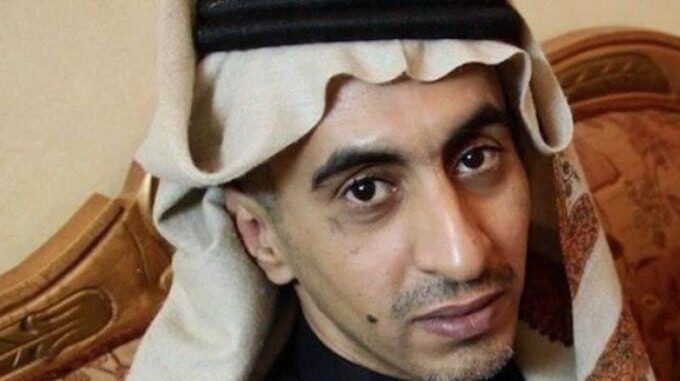Saudi Arabia has carried out yet another tragic and controversial action regarding freedom of speech and human rights by officially executing the well-known journalist Turki Al-Jasser

This news has shocked the global community, especially human rights organizations that have been monitoring the situation in the kingdom for many years. The country's Ministry of Interior confirmed the execution, which was the result of a seven-year imprisonment that involved numerous human rights violations and legal injustices. Turki Al-Jasser, a columnist and author, was one of the leading voices in Saudi Arabia who bravely addressed sensitive issues provoking the anger of the authorities. These included women's rights, the political crisis during the Arab Spring, a deep confrontation with corruption within high circles of power, and criticism of the current regime, particularly the royal court. His active journalism activity was cut short in 2018 when he was arrested and subsequently subjected to severe torture, deprived of access to lawyers and loved ones. According to human rights defenders, he endured numerous physical and psychological tortures behind bars. The primary suspicion leading to his arrest was related to his online activities: Al-Jasser allegedly was involved in running a well-known social media account on X (formerly Twitter), which published exposés about corruption within the royal family and other government structures. Saudi intelligence services monitored the journalist’s online activity, including his interactions with foreign and international environments. Particular concern was raised about his possible involvement in exposing and spreading information about the murder of columnist Jamal Khashoggi of the Washington Post in October 2018—a criminal case that shook the world community and revealed the brutal methods of the Saudi regime. The international human rights organization Committee to Protect Journalists (CPJ) expressed deep concern and condemned this step. The organization’s program director, Carlos Martinez de la Serna, emphasized: “Al-Jasser’s execution is not only a tragic end to one person’s life but also a testament to systemic violations and the lack of accountability for journalists’ rights in Saudi Arabia. Impunity for Khashoggi’s murder in 2018 opened an unprecedented path for the persecution of other independent voices in the country. Moreover, the global community bears responsibility to ensure justice and prevent such tragedies from recurring.” Martinez de la Serna highlighted that impunity and ignoring justice only increase fear among independent journalists and activists fighting for freedom of speech. The background of this tragedy has deep roots. According to human rights organizations, in 2024, 330 people were executed in Saudi Arabia—almost double the previous year’s number, marking the highest figure in recent decades. This rate of death penalty application raises concerns and condemnation in international circles. By 2025, over a hundred executions had been carried out in the country, demonstrating a trend toward harsh repression and intimidation, among other things. Evidence from U.S. intelligence openly indicates that the senior leadership of Saudi Arabia, particularly Crown Prince Mohammed bin Salman, personally authorized the killing of Jamal Khashoggi in 2018. This information appeared in declassified reports from U.S. intelligence agencies and served as additional confirmation that top officials of the country are not afraid to violate international law and human rights. The murder of the journalist, one of the most high-profile in recent history, remained for a long time a subject of international scrutiny and investigation, and to this day remains a significant component of the political climate in the Middle East. In conclusion, it can be affirmed that while the world continues to fight for democracy, freedom of speech, and human rights, the situation in Saudi Arabia raises many questions and deep concern. The execution of Turki Al-Jasser is yet another stark reminder that the country’s authorities ignore international norms and values, using repressive mechanisms to suppress any criticism. The global community repeatedly faces challenges in ensuring justice and must stop ignoring human rights violations in this region.

